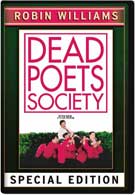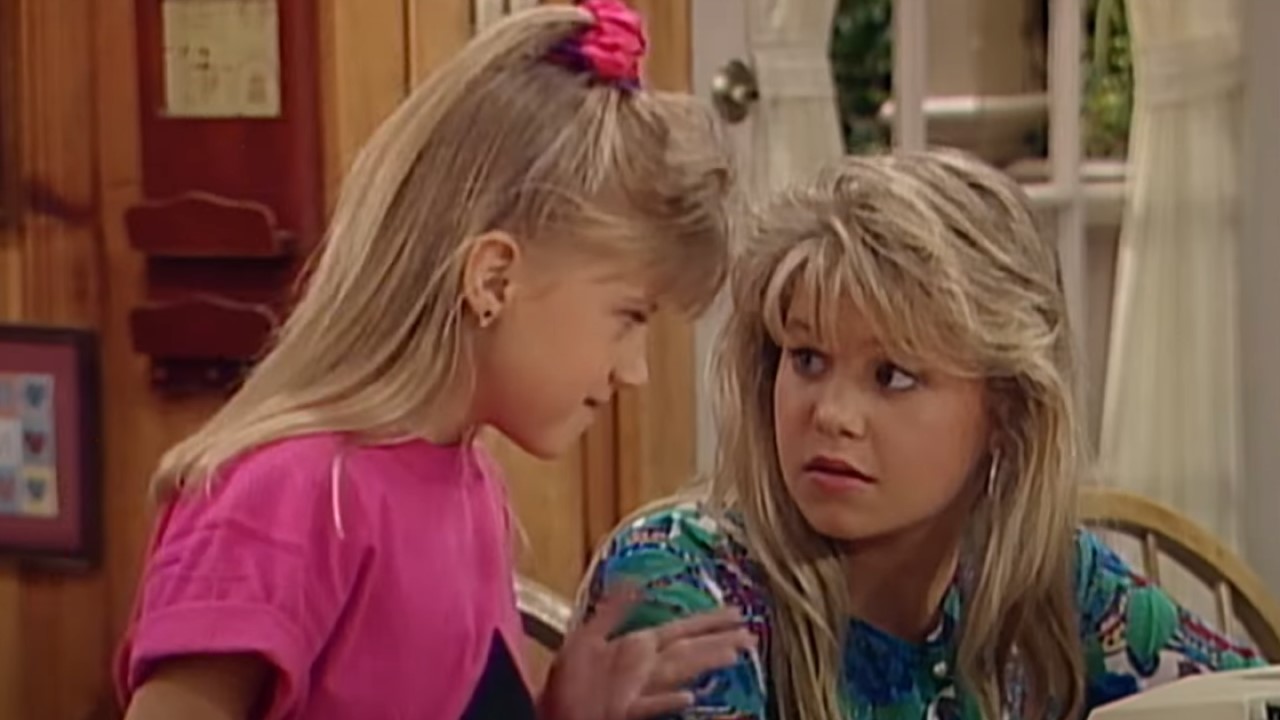I went into the woods for I wished to live deliberately. I wanted to live deep and suck out all the marrow of life! To put to rout all that was not life, and not, when I came to die, discover that I had not lived.
- Henry David Thoreau
With that quote, passion becomes the guiding force of Dead Poets Society, the film that made famous the idea of Carpe Diem (Seize the Day) and gave people a reason to be passionate about literature – because passion is what makes good writing. Dead Poets Society could have been a different movie entirely. With the big name of Robin Williams attached, the film could have focused on the zany antics of a teacher who attempts to inspire his students. Instead Williams takes the back seat to a group of relatively unknown young actors and the movie shows the audience just how one teacher can affect the lives of his students. That approach, to paraphrase Robert Frost, makes all the difference.
By taking that approach, the film doesn’t show us much about Williams’s John Keating, a former student of the prestigious Welton Academy for boys who has returned to the Academy as an English teacher. However Keating is a teacher in a movie that focuses on students, so essentially the audience becomes part of the student body, attending Keating’s inspiring class when the students do and then seeing how the students apply the ideals of passion and Carpe Diem to their lives outside of the class.
The students are a varied lot, with four characters in particular really embracing the lessons Keating teaches and therefore becoming the main focus of the film – Neil Perry (Robert Sean Leonard) is the overachiever who is held back by the demands and expectations of his father. Charlie Dalton (Gale Hansen) is a bit of a troublemaker, so the idea of seizing the day truly appeals to him. Knox Overstreet (Josh Charles) plays the part of a romantic who finds love beyond his reach early in the movie. Finally, Todd Anderson (Ethan Hawke) provides the audience with the newcomer’s view of Welton Academy, Keating, and all of the students as the withdrawn new student, still trying to find his place. Each student is affected differently by the lessons they are taught, although some of the lessons are not without their downsides.
Dead Poets Society has always been a perfect film to me. As someone who constantly takes on too much in the attempt to suck out all the marrow of life, the movie serves as a reminder of why passion is so important in life, and how literature is much more then words on a page. As an aspiring teacher, the film also gives me a reminder of what kind of teacher I hope to be, and why I was ever interested in that career to begin with.
So as an aspiring teacher, here’s your homework – watch Dead Poets Society. It doesn’t matter if you’ve seen it before, or if this is the first time you’re watching it. When you watch it though, truly watch it. Get lost in the film’s passions again and let the idea of Carpe Diem wash over you like the students within the movie. This isn’t Dead Poets Society’s first release on DVD, however it is the first time some bonus material has been placed on what was previously a bare-bones disc. Sadly, the release still feels lacking in many ways.
Your Daily Blend of Entertainment News
“Dead Poets: A Look Back” acts as the centerpiece of the release, providing a retrospective look at the making of the film. The former youths of the film remember their takes on different subjects, ranging from director Peter Weir to the rehearsal and audition processes. Only half of the main characters appear in the featurette, and Robin Williams and Weir himself are nowhere to be found – especially odd considering how much the featurette praises Weir. Instead the prestigious Norman Lloyd is included, who compares Weir to the likes of Hitchcock and other great directors, as is Melora Walters, who shares her experience working with Weir and how much he meant to her, even though she’s only on screen for a couple of minutes. It’s an interesting featurette, particularly entertaining when the editor places contrasting editor recollections next to each other (which makes Ethan Hawke look like a bit of an idiot) but without some of the major players of the film the featurette comes up short.
Two other featurettes explore the technical aspect of making the film. “Master of Sound: Alan Splet” celebrates the now deceased sound editor as Weir and David Lynch sing Splet’s praises. Lynch worked more with Splet, so has more insight to offer, including an entertaining story of how the two first met. “Cinematography Master Class” is a segment from a television show that showed how cinematographer John Seale lit the dorm room scenes for different seasons and times of the movie. It’s more technical then most people will care for, although the theater geek inside me found it really entertaining.
“Raw Takes” shows some raw footage of a scene that wasn’t included in the final film. The footage shows Mr. Keating attending one of the meetings of the Dead Poets Society after the performance of Midsummer Night’s Dream. The footage was supposed to be intercut with Neil’s scenes that are in the movie. I’m very glad this footage was left behind. While it’s neat to see what was intended, Mr. Keating showing up at one of the meetings would have changed the tragic tone of what is an extremely powerful part of the movie. The final film works better without it, although it would have been nice to see the usually withdrawn Todd recite his poem for the group.
Finally there is an audio commentary for the film with Weir, Seale, and writer Tom Schulman. The commentary is edited together from separate recording sessions, so the three don’t interact and, since the film is a bit of a serious picture, the three are all very dry in their speaking. While the commentary is interesting, I’d almost rather they hadn’t done the track and just presented the information in a longer featurette or something. This is one of those movies that could easily pass without a commentary track.
With a dry commentary track and technically heavy featurettes, this isn’t exactly a passionate DVD release. With Williams totally absent from everything but the movie itself, along with actors Josh Charles and Gale Hansen, the extra material fails to seize the day which means this DVD isn’t worth picking up if you already have the bare bones edition. If you don’t already have the film however, this is still a movie worth adding to your library, decent DVD release or not.

